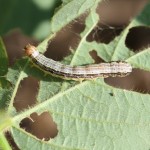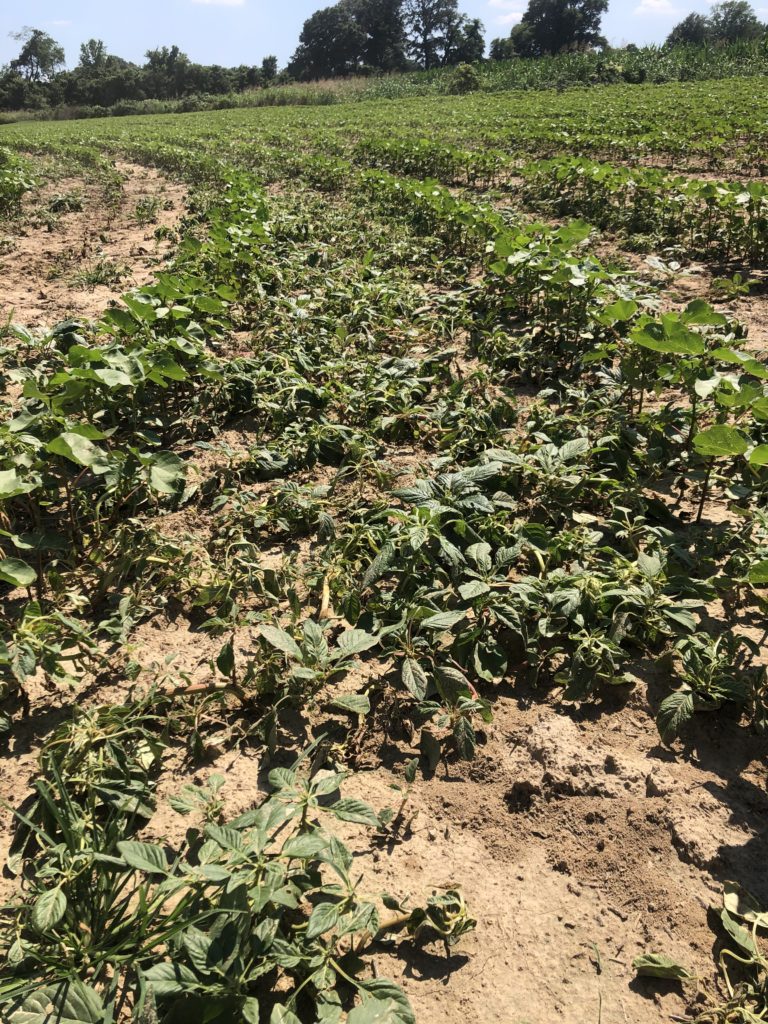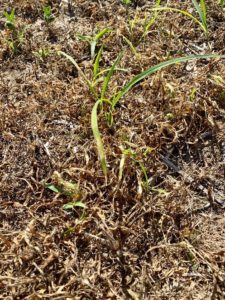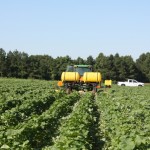 Because of restrictions due to the COVID-19 situation, the UT Soybean Scout School will be offered by Zoom from 9:00-11:30 AM on Wednesday, July 8th. The Zoom link is provided below. However, a password is required. Please contact Ms. LaDonn Kelso (dkelso2@utk.edu) or myself (sdstewart@utk.edu) to obtain the meeting password.
Because of restrictions due to the COVID-19 situation, the UT Soybean Scout School will be offered by Zoom from 9:00-11:30 AM on Wednesday, July 8th. The Zoom link is provided below. However, a password is required. Please contact Ms. LaDonn Kelso (dkelso2@utk.edu) or myself (sdstewart@utk.edu) to obtain the meeting password.
The Soybean Scout School provides training for understanding soybean growth and development and the identification, scouting and basic management of pests including insects, weeds, and disease. Pesticide re-certification points and Continue reading





